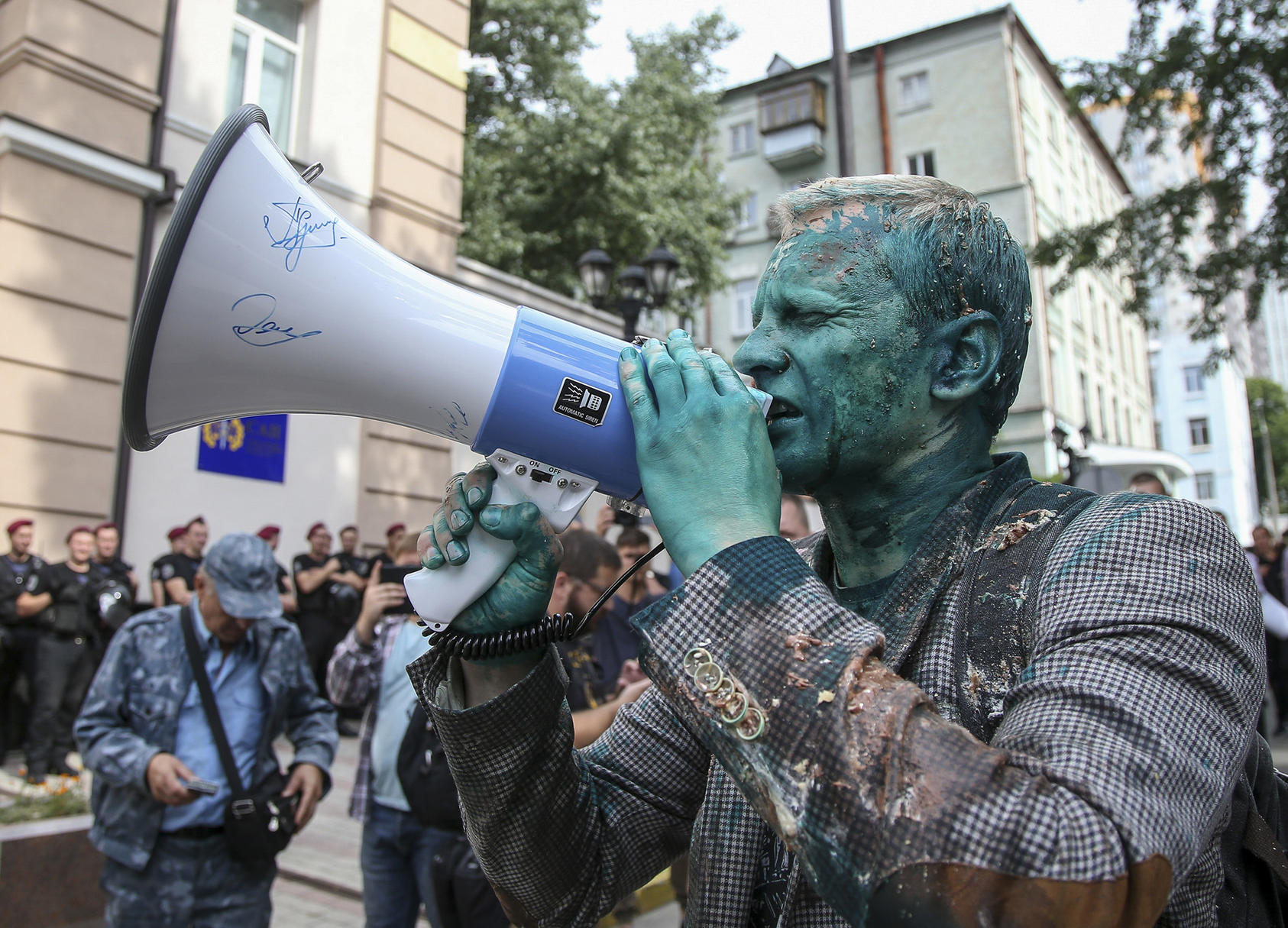Ukrainian Activism for Transparency and Accountability: Two Steps Forward, One Step Back
In the wake of the Euromaidan protests that toppled the government of Viktor Yanukovych in 2014, Ukrainian activists and civil society organizations have pressed hard for anti-corruption reforms and greater openness and transparency in the public sector. Five years later, however, corruption remains a fixture of civic life—and a majority of Ukrainians believe the fight against corruption has been a failure. This new report reviews the changes that have taken place in the anti-corruption movement since the Euromaidan and identifies practical actions the international community can take to support reform efforts in Ukraine.

Summary
- Despite an array of institutional innovations and reforms since the Euromaidan protest movement (or Revolution of Dignity) of 2013–14, corruption remains stubbornly persistent in Ukraine, with deleterious effects on the country’s economy.
- Ordinary Ukrainians continue to support anti-corruption initiatives as a key national priority, but their support of anti-corruption reforms pales in comparison with their support for efforts to regain control of Ukraine’s eastern regions from Russian forces.
- Shortfalls in accountable governance suggest that a reform strategy that has combined an emphasis on closing loopholes and curtailing opportunities for corruption with increasing the transparency of government processes and decision making is insufficient.
- Activists and civil society organizations have directly contributed to major anti-corruption reforms and programs, but their influence and leverage are limited. They are also increasingly targeted by campaigns of intimidation and violence.
- A divergence with respect to the pace and sequencing of change has emerged between local anti-corruption activists, on the one hand, and foreign donors and partners working in Ukraine, on the other, further complicating efforts to achieve accountability in governance.
- International donors and foreign governments should refrain from providing financial support for the government in areas where it fails to deliver on anti-corruption reforms and should more strenuously protect and support activists.
About the Report
This report reviews the work of Ukrainian activists on advancing transparency and accountability reforms since the Euromaidan protests of 2013–14. Based on data collected from public sources and interviews conducted with activists and political observers in Ukraine in the summer and fall of 2018, the report was supported by the United States Institute of Peace, with assistance from USAID’s Democracy, Human Rights, and Governance office.
About the Author
Olena Tregub is secretary-general of the Independent Defense Anti-Corruption Committee, which was established by Transparency International to combat corruption in Ukraine’s defense sector. From 2015 to 2017, she led the national authority for international development assistance coordination in Ukraine’s Ministry of Economic Development.



